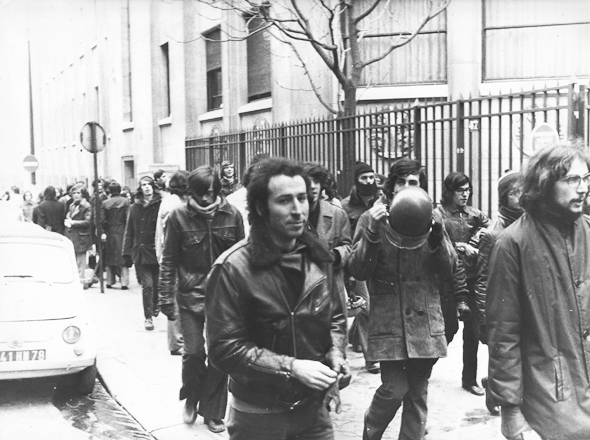
Blog
Posts tagged: 1968
-
 Daniel Bensaïd died 14 years ago today. In this essay, Victor Cartan explores Bensaïd's communism and what we, on the Left, can learn from it in the 21st century.
Daniel Bensaïd died 14 years ago today. In this essay, Victor Cartan explores Bensaïd's communism and what we, on the Left, can learn from it in the 21st century. -
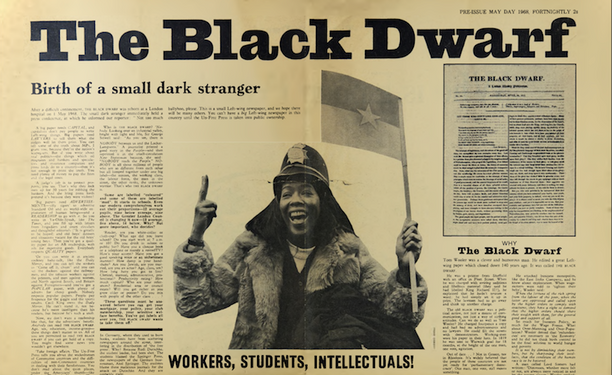
Rebirth of a Small Dark Stranger: The Black Dwarf, the British New Left, and 1968
A new online archive of the full run of The Black Dwarf allows the voices of 1968 to cut through and speak to us directly.
-

The Critique of the School in Post-’68 French Thought: Interview with Jacques Rancière
In the third and final installment of this interview series, Jacques Rancière reflects on May 1968 and neoliberalism in order to contextualise his work criticising the Althusserian distinction between science and ideology, as well as to shed light on how his own philosophy developed in relation to those of Althusser, Bourdieu, and Foucault.
-
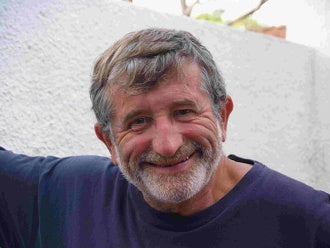
The Critique of the School in Post-‘68 French Thought: Interview with Christian Baudelot
Christian Baudelot founded a research group on "the school" with other students of Louis Althusser in the wake of 1968's events. In this interview, he details the group's ambitions and its trajectory.
-
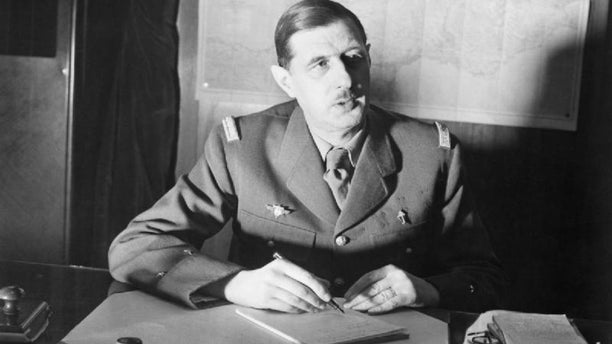
The Repressed Origins of the Fifth Republic
The 1968 revolts in France live in popular memory as the country's most significant political moment in the twentieth century. In this extensive interview, Grey Anderson urges us to turn our attention instead a decade earlier to 1958 and the fall of the Fourth Republic. Anderson argues that the Fourth Republic's demise was a coup that allowed de Gaulle to seize power and crush his oppostion.
-
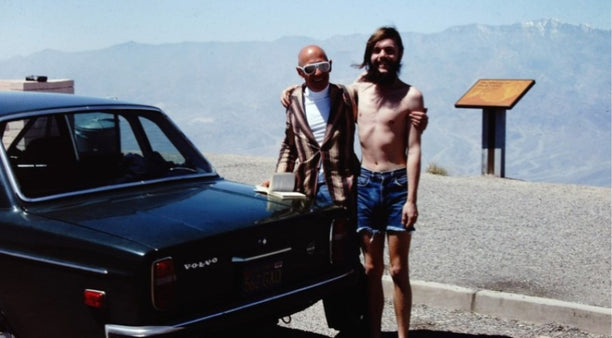
Foucault and Neoliberalism as "Left Governmentality"
Mitchell Dean and Daniel Zamora outline Michel Foucault's growing interest in neoliberalism as a "left governmentality" that could act as an alternative to Marxism.
-
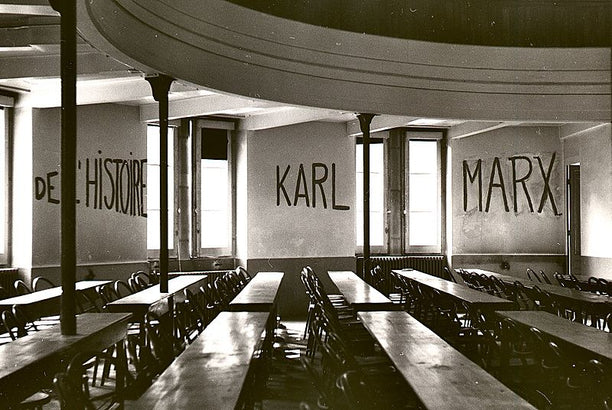
Louis Althusser – ‘Michel Verret’s Article on the “Student May”’
Louis Althusser critiques Michel Verret's response to the May 1968 uprisings, and in so doing indirectly critiques the French Communist Party's handling of the situation. Available for the first time in English.
-
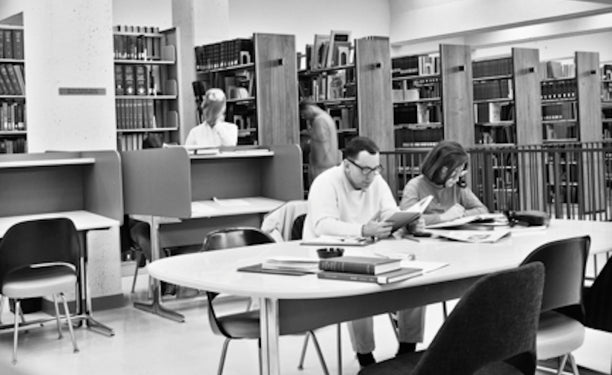
Reading the Revolution: A Memoir of 1968
"Our reading in 1968 and thereabouts, done in the context of mass movements of social protest, helped to transform us into revolutionaries."
-
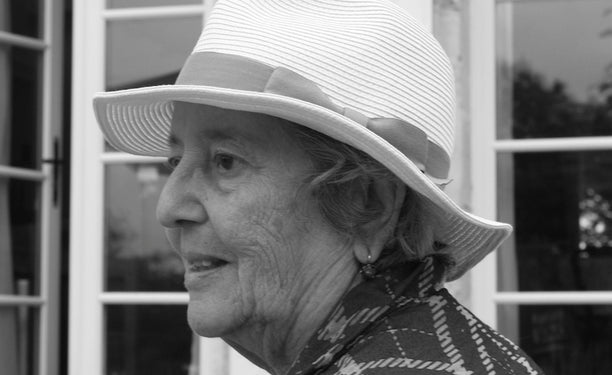
Learning How to Talk, Learning How to Build: Elaine Mokhtefi in Post-Independence Algeria
How did a young American woman, born to a secular, working-class New York Jewish family and raised during the Depression, end up in Algiers during a heady period of revolutionary fervor?
-
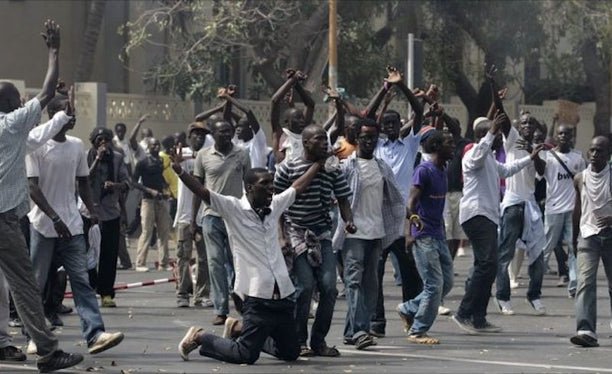
Senegal’s Street Fighting Years
Researcher and activist Pascal Bianchini describes the lasting effects of the 1960s–70s student movement in Senegal and the condition of the Senegalese left today.
-

Remembering 1968: The SCUM Manifesto for the Society for Cutting up Men
“I feel sorry for nothing," Valerie Solanas told reporters after shooting Warhol. “Read my manifesto and it will tell you what I am."
-
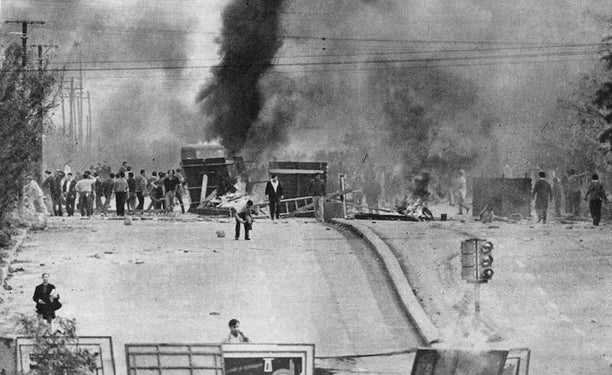
The Argentine May
As elsewhere, 1968 in Argentina was marked by increasingly militant struggles waged by workers and students, but the “Argentine 68” had its own tempo and would not explode until May 1969.










